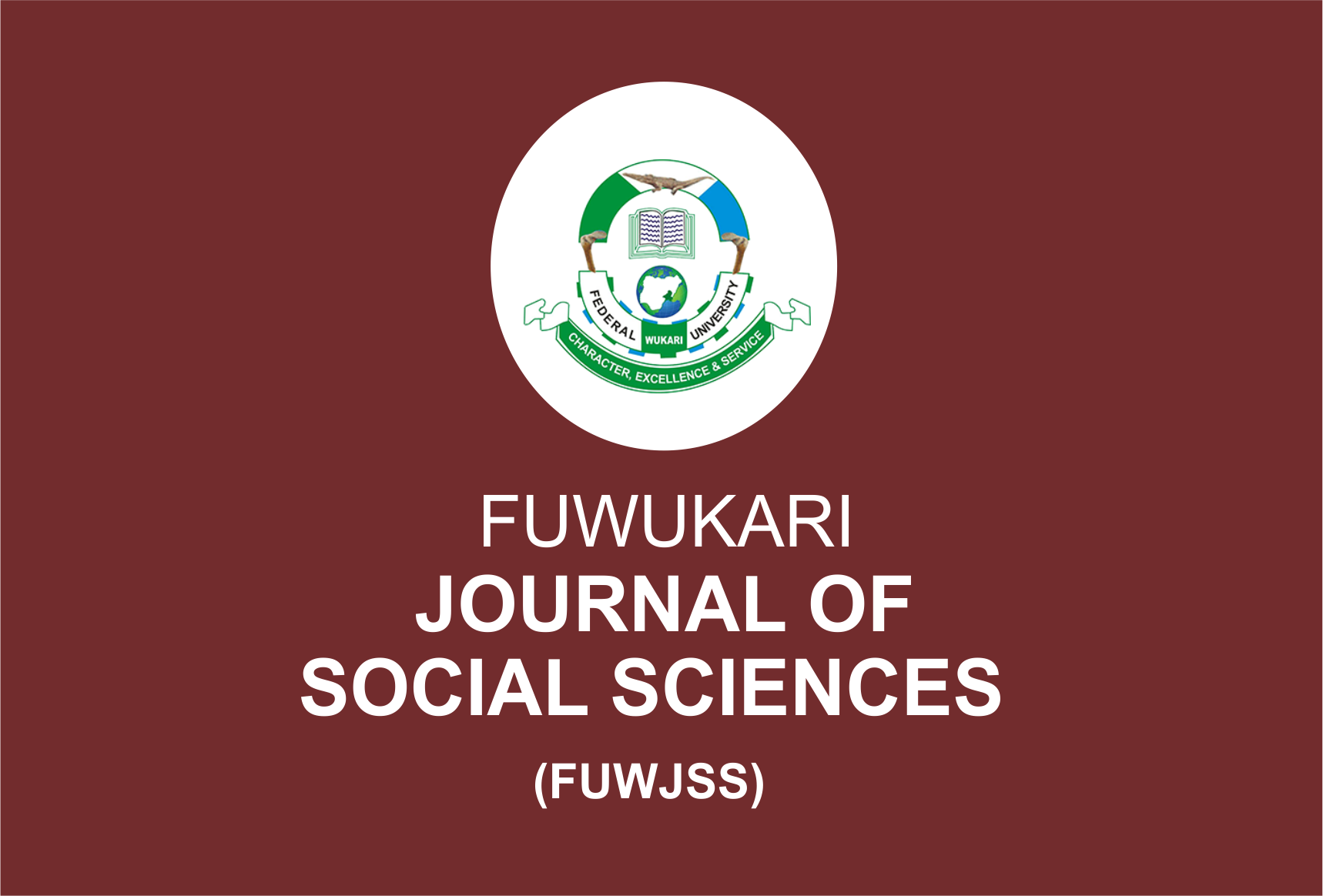Students’ Activism and Institutional Governance in Nigerian Universities
Abdullahi Abiodun Oyekanmi, Adeola Aderayo Adebajo Afeez, Kolawole Shittu
Keywords: Activism, higher institution, unionism, students protest, students’ affairs
Abstract
Students’ activism and protests have assumed a global dimension due to varying challenges in educational governance within larger political strata of nation-states. This paper interrogates the relationship between students’ activism and institutional governance in Nigerian universities, attempting to explain how this relationship reinforces academic excellence and effective leadership in Nigerian Universities. The study relied on a systematic review of secondary data. The study adopted critical mass theory as its theoretical framework. The study’s findings iterate that students’ activism and protests are products of higher institutional failure and poor leadership within Nigerian Universities. The paper concludes that as long as there is a disconnection between students’ expectations on education and institutional governance, there would always be tension and conflict within the Nigerian University system. Thus, the study recommends for the reconfiguration of students’ affairs units of all tertiary institutions with individuals who are more receptive to students’ psychology, empathy and clear understanding of important nuances around students’ movements, needs and priorities. Also, having past students’ union leaders as Dean and Students’ Affairs Officers will reinforce students’ trust in the tertiary institutions management and offer brightest opportunities to nip any crisis at the bud.
Author Biography
Abdullahi Abiodun Oyekanmi
Adeola Aderayo Adebajo
Department of Political Science,
Tai Solarin University of Education Ijagun, Ogun State, Nigeria [email protected] [email protected]
Afeez Kolawole Shittu
Department of Political Science,
Federal College of Education (Special) Oyo, Nigeria [email protected]

